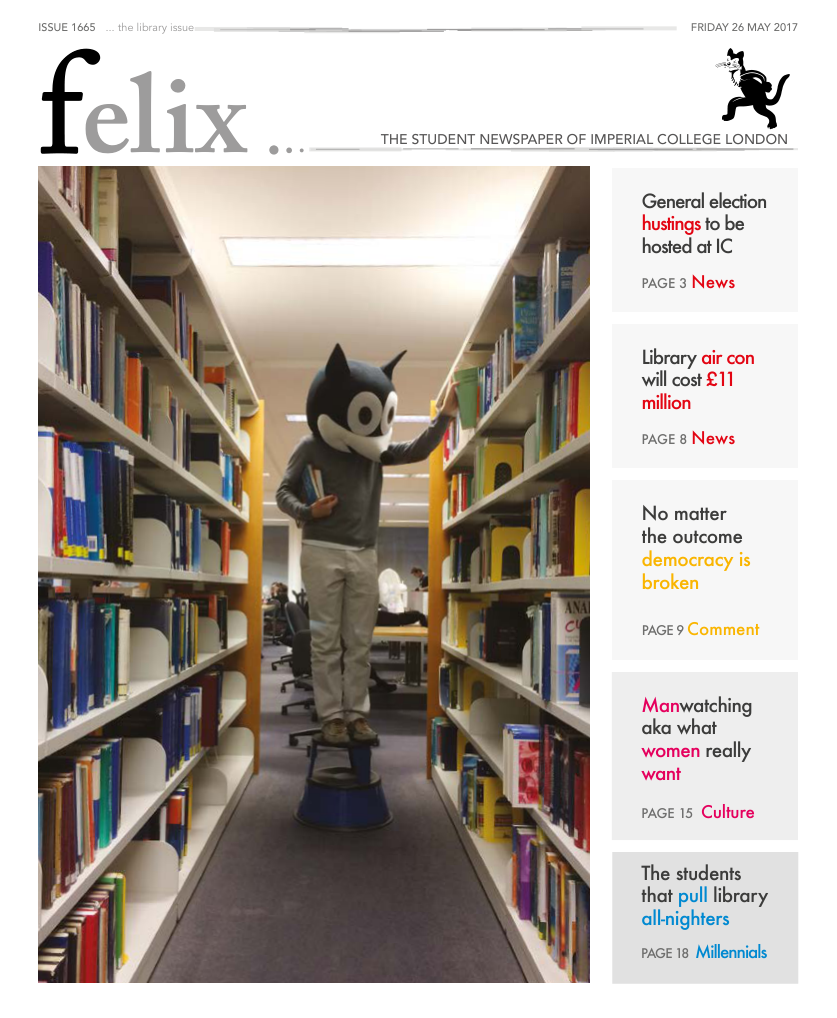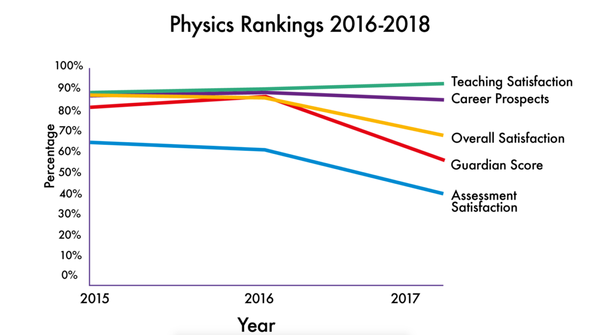Mental health related drop-outs on the rise
It’s easier to drop out than find support

In only five years, the number of students who have dropped out from higher education has quadrupled according to data from the Higher Education Statistics Agency (HESA). The findings which were highlighted earlier last week by the Guardian, show that just in 2014-15 a record 1,180 students struggling with mental health left higher education.
A series of freedom of information requests by the Guardian which managed to collect data from over 90 universities echoed these reports. The investigation found that just during the academic year of 2015-16, nearly 88,000 students requested counselling, up 28% from the previous year and this demand is only increasing.
It’s unclear whether this trend reflects an increase in the occurrence of mental health problems amongst university students or whether it’s a result of the fight against mental health stigmas, the rise in awareness of the existence of mental health services or trends of over-medicalisation.
At Cardiff University for example, the demand for counselling services which rose by 96% in the last three years is believed to be down to the institution’s campaign to encourage students to access support. At least according to Ben Lewis, director of student support and wellbeing. At Imperial according to a 2015 student survey, 20% of students reported a mental illness diagnosis, with a further 40% believing they didn’t have a mental illness but having experienced mental stresses anyway.
Available services here include the Student Mental Health Advisers (SMHA) but to see one students need to be referred by a staff member. Following a referral, the long wait for a suitable appointment begins. There is no indication of how long this takes on average but many students reportedly have to wait weeks before receiving an appointment, during which time their condition can rapidly deteriorate with dangerous effects.
In response a pilot scheme was launched at the start of the 2015-2016 academic year, offering the option of over-email counselling. Students the referral process is easier (it involves filling in a registration form and questionnaire) and if successful leads to an initial four email exchanges with a counsellor. Still the service has it’s limitations, including the depth of information that can be conveyed in an email. With overstretched and unresponsive mental health services combined with an increase in the number of anxiety sources, dropping out of university might be the fastest and best way to cope with mental stress.









